I am doing some research in order to increase the performance of my asp.net webapi core (5.0) when working with an oracle (12g) database. I have made two endpoints for tests purpose in this API :
Raw helloworld api endpoint :
this endpoind will only send back a helloworld string. This is a trivial code.Oracle Odp.Net api endpoint : in this endpoint I am opening an oracle connection retrieve the version of oracle and send back this response to the client.
The code used is this one :
string constr = "user id=scott;password=tiger;data source=oracle;CONNECTION LIFETIME=90000;MAX POOL SIZE=300;MIN POOL SIZE=20;INCR POOL SIZE=5;DECR POOL SIZE=3";
OracleConnection con = new OracleConnection(constr);
con.Open();
string connectionVersion = con.ServerVersion;
con.Dispose();
For my tests, I had also changed some settings :
- ThreadPool : 100 wordkerThread and 100 iocpThread
- Database max process : 500
The problem that I have, is that I am observing the following results under load with 500 client threads hammering my API :
Api endpoint 1 (raw helloworld) : 13 000 request/second
Api endpoint 2 (using odp.net) : 800 request/second
After doing some profiling, I had found that most of the time is spent on the SocketPal.Receive method (surely used by ODP.Net) :

How could I get a better throughtput when using oracle with odp.net ?
Is it normal that this throughtput is divided by almost 15,5 (this is a loss of nearly 1525%) ?